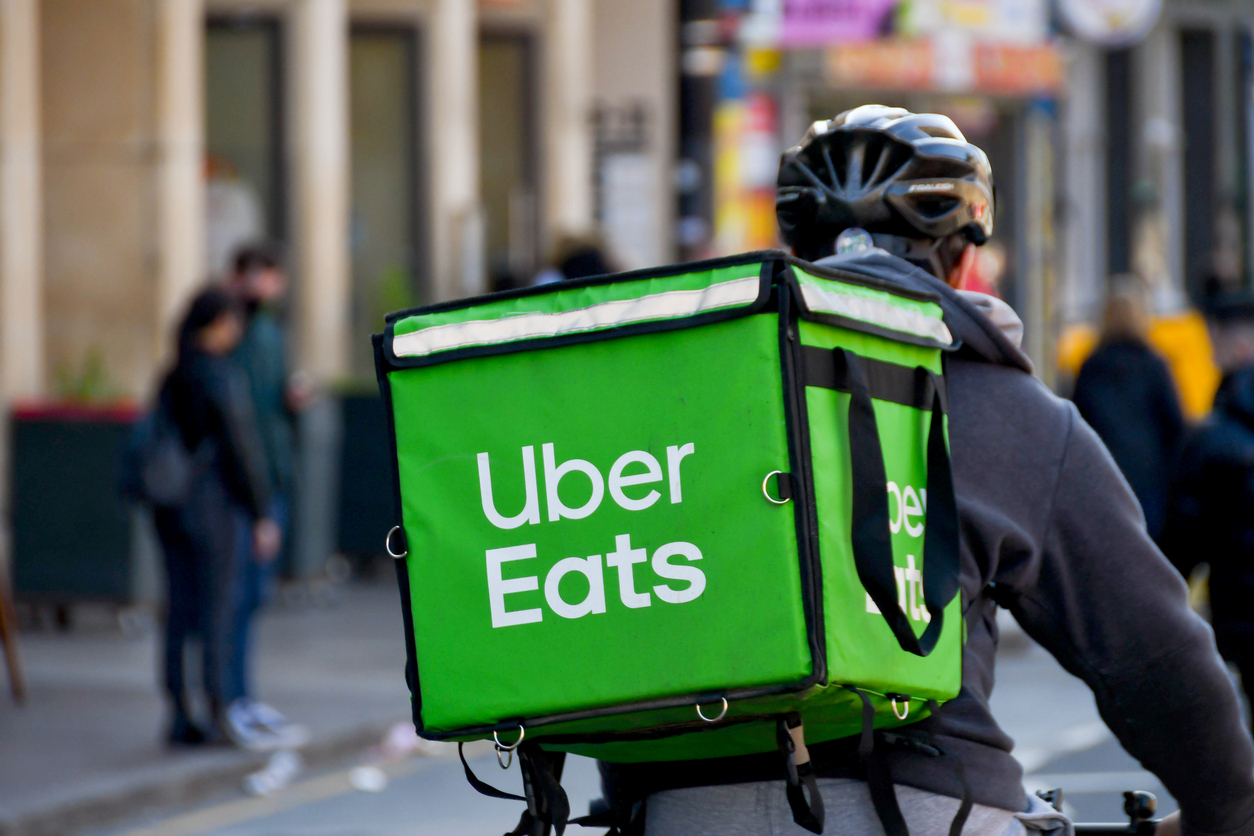Forcing Uber drivers to join a union takes choice and freedom from workers

![]() Download a PDF of this Opinion/Editorial here.
Download a PDF of this Opinion/Editorial here.
This Opinion/Editoiral appeared in Puget Sound Business Journal on January 1, 2016.
Continuing their efforts to enact mandatory social policies, Seattle officials have become the first in the world to force Uber drivers to join a union.
Under the proposal just passed by the Seattle City Council, if a majority of ride-share drivers vote to organize a union, any driver who does not agree to join a union and pay dues would be fired, or would not be hired in the first place. It would be illegal to drive for Uber or Lyft without joining the union.
While the City Council frames the new law as an effort to protect workers and “balance the playing field,” the reality is this legislation will discriminate against drivers who want a choice in whether they have to join a union. A simple majority vote in favor of unionization will force every independent contract driver to have their incomes and work schedules subjected to union control.
The only choice drivers will have is to join the union and pay mandatory union dues, or lose their jobs.
A man who drives for Uber and Lyft recently told me he considers himself an independent contractor, and is responsible for working as much or little as he wants. He is opposed to Seattle’s move to force unionization of his industry. He says he enjoys the freedom, choice, accountability and extra income that comes with driving for Uber and Lyft.
He expressed frustration that collective bargaining would not only bind him to agreements he does not want, it would unfairly shield drivers who provide lackluster service, and likely provide poor-performers the same income as those who work hard to cater to their customers. Uber and Lyft riders score their satisfaction with their drivers’ service. If a driver’s satisfaction rating falls below a certain minimum, they are suspended or “deactivated.” Most drivers are given a second chance to get reinstated upon completing a customer service test.
Part of the push for forced unionization came from disgruntled drivers who complained they received low ratings from riders. They think being held accountable for not providing good service is unfair.
The driver I spoke with has a different take: “App-based drivers don’t need collective bargaining. They choose to be a driver. They are responsible for and in control of when they drive, where they drive and for providing acceptable service. If any of these criteria are not acceptable, it is not for the City of Seattle to intervene. A city can’t (shouldn’t) legislate work protection for unsatisfactory service. The [complaining] driver should seriously consider another line of work.”
Unionization of Uber and Lyft is an unfortunate solution in search of a problem; the overwhelming majority of drivers are happy. A recent survey showed 91 percent of Uber drivers like their ability to balance work with Uber with the rest of their life, and 97 percent of Uber drivers are satisfied with the flexibility of their schedule.
Such flexibility, freedom and personal accountability will become a thing of the past if drivers vote to unionize.
We cannot overlook the self-interest of Seattle’s elected officials in creating a new source of campaign money for themselves. Unions are one of the most prolific and influential campaign donors in the state. They use their considerable war chest to reward politicians who agree with them and punish those who don’t. Many Seattle City Councilmembers receive large campaign contributions from multiple labor unions, including the union that wants to forcibly organize Uber and Lyft drivers.
Union executives are always looking for new ways to fill their coffers with mandatory union dues that can be used to influence policymakers. With 14,000 registered drivers-for-hire in Seattle, this legislation has handed unions a new source of revenue, which they can funnel into the campaigns of politicians who advance their political causes.
Seattle voters recently said they want to reduce the amount of special interest money in local politics. The City Council has now done the opposite, adding a powerful new source of campaign cash in Seattle, funded by mandatory dues taken from unwilling ride share drivers.
Erin Shannon is the small business director at Washington Policy Center, a nonprofit research organization.







